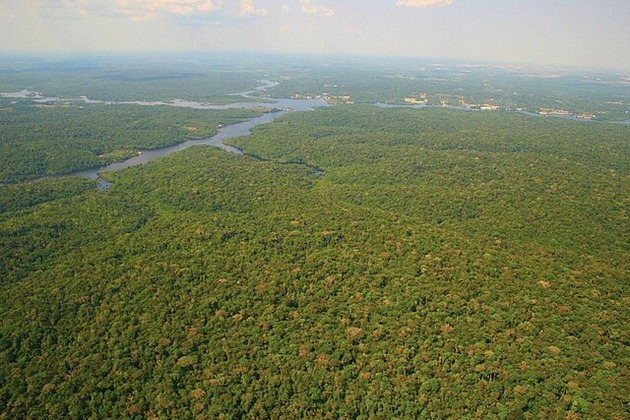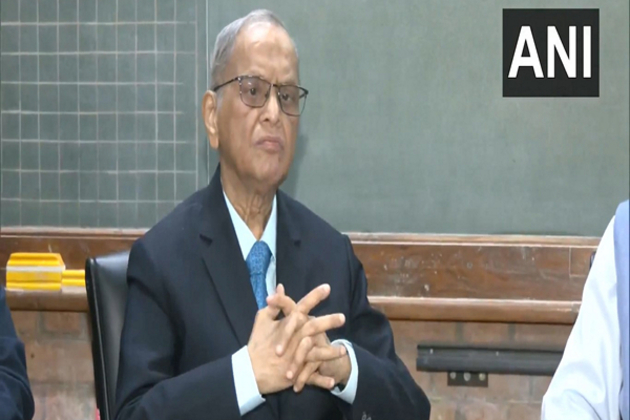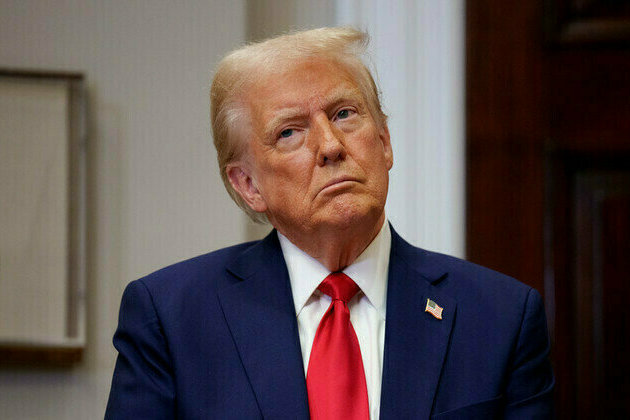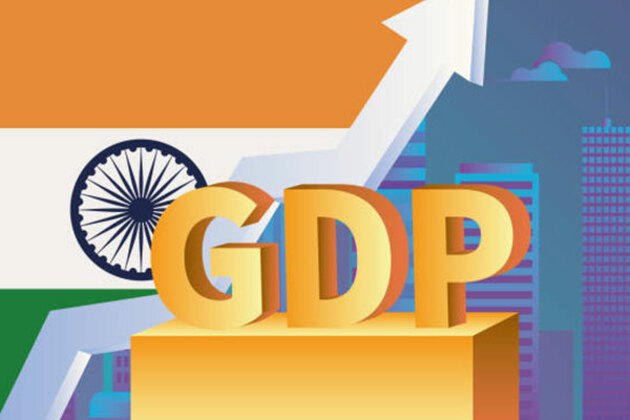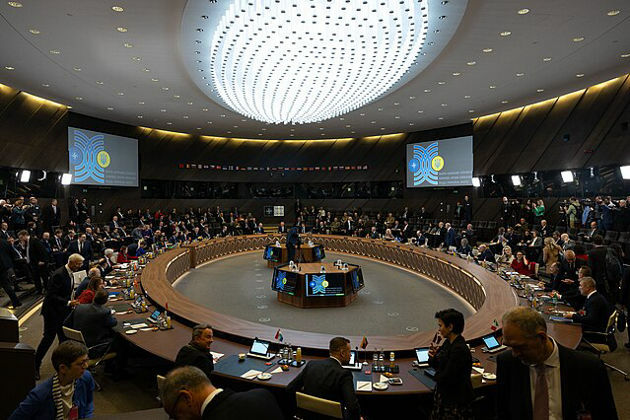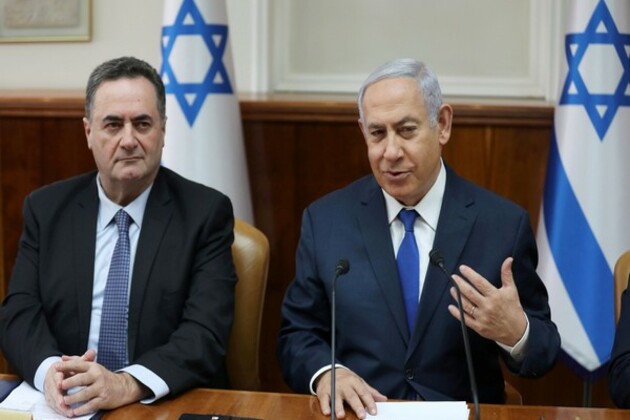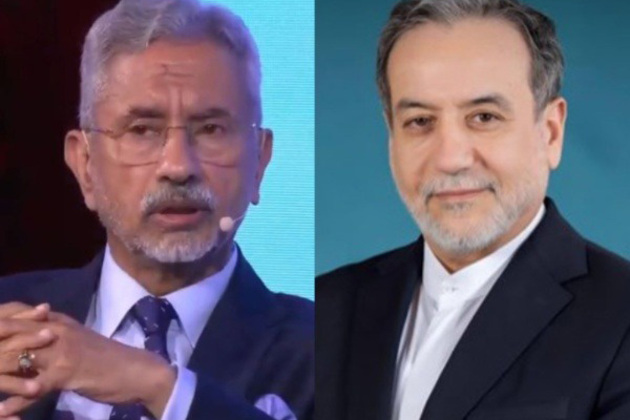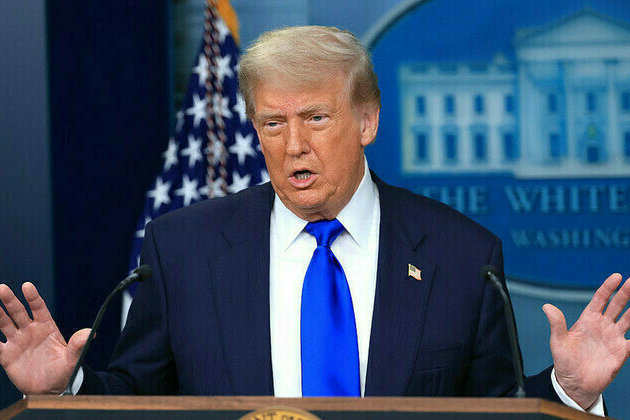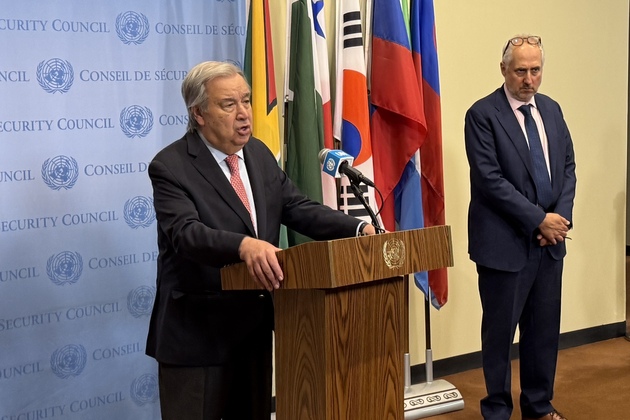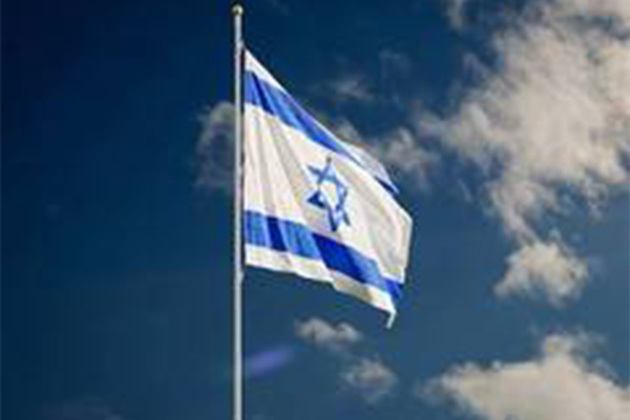Gaza ceasefire deal looks doomed as Israel blockades Strip and bars entry of humanitarian aid
The Conversation
04 Mar 2025, 14:23 GMT+10
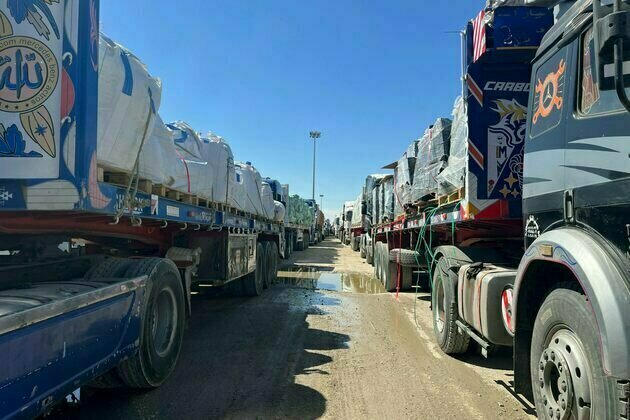
When Israel signed a ceasefire deal with Hamas in Gaza on January 15, the agreement was structured in three phases. Phase one, a six-week period in which Hamas would release hostages in return for Israel releasing Palestinians detained in its jails, ended on March 1.
The shaky deal has held for the full six weeks - just. At one point Hamas threatened to halt the exchange of hostages when it said Israel was breaching the terms of the deal. The Netanyahu government responded - with US backing - by threatening to end the ceasefire in mid-February, saying that Hamas was not living up to its side of the deal.
The hostage releases have continued, although Israelis have been shocked and angered at the condition of some of the hostages after 17 months in captivity. Hamas has also taken advantage of the world's gaze during hostage releases to stage large parades of its fully armed fighters.
On March 1, as stage one of the deal was due to end, Benjamin Netanyahu ordered a full blockade of humanitarian aid entering Gaza. Middle East expert, Scott Lucas, answered our questions as to what is happening and how this situation may play out.
The Netanyahu government's blocking of humanitarian aid to Gaza's population is part of a scheme to avoid a phase two of the ceasefire, while putting pressure on Hamas to extend phase one.
That would allow the Israeli government to pursue the return of the remaining 59 hostages, alive or dead, held by Hamas while avoiding the requirements of phase two - notably the withdrawal of the Israeli military from Gaza and the restoration of a Palestinian government in Gaza.
Of course, those who will pay the cost are more than 2.2 million Gazans, around 90% of whom have been displaced amid 17 months of mass killing. But Israel's leaders are counting on that causing little concern, or at least significant action, by the international community.
Phase one of the agreement only stipulated that discussions for a phase two to begin within 14 days of implementation, which would have been about the start of February.
But the Netanyahu government reportedly sent mediators to Qatar without the authority to discuss phase two, only to ensure that hostage releases continued. The limit of its cooperation has been sending representatives to Egypt and conferring with Donald Trump's Middle East envoy Steve Witkoff, with current discussions suggesting little prospect of agreeing phase two.
Netanyahu's vow has been "absolute victory over Hamas". But as there is no sign that Hamas is going to disband - or even that its leaders will leave the Gaza - there is zero chance of that happening in phase two.
That assessment is compounded by pressure on Netanyahu from hard-right ministers and supporters, such as finance minister Bezalel Smotrich and former national security minister, Itamar Ben-Gvir. Their powerful hard-right factions only accepted phase one if there was no follow-up and certainly no return to the aim of allowing Palestinian self-determination in Gaza.
On the other side, Netanyahu faces families of hostages and their supporters, who say the priority must be the return of those held by Hamas. Thus the "solution", proposed by the US and backed by the Israeli government is for a six-week extension until the end of Ramadan and Passover, or until April 20. Half the hostages would be released on day one of the extension and the remainder once a permanent ceasefire is agreed.
Hamas is unlikely to agree to that provision, as the hostages are their only leverage in discussions for a lasting ceasefire and their continued place in Gaza. But Netanyahu can frame their refusal in such as way as to blame Hamas for not wanting a peaceful solution and as an excuse for resuming military operations.
For now Netanyahu can count on US backing for the pressure on Hamas and the extension of phase one.
Donald Trump's ego trip was to claim credit for the phase one ceasefire. Since then, he and his officials have shown little interest in supporting a phase two. Instead, the US president has proposed what would amount to an ethnic cleansing of Gazans - removing and relocating them to other Arab countries to make way for his dream of a "Middle East Riviera" on the coast.
He shared a bizarre AI-generated video with a vision of "Trump Gaza", complete with a gilded, giant statue of him as he and Netanyahu sit topless and sip drinks on the beach amid bearded belly-dancers.
Perhaps widespread Israeli military operations, and the consequent mass killing of civilians, would dent Trump's "peacemaker" image. But it is likely that Israel could get US officials to back the "Blame Hamas" rationale. And, meanwhile, the administration is fine with the Israelis expanding their military presence and settlements in the West Bank.
After more than a year of negotiations, the phase one settlement brought some relief to Egypt and Qatar, the chief sites of discussions. Jordan, always at risk of being unsettled by assaults on Palestinians, encouraged further talks. Gulf States, their plans for "normalisation" with Israel in tatters, could envisage a gradual return to the process.
But all of this has foundered on the lack of possibility for phase two. Most Arab leaderships have no affection for Hamas, but with no clear Palestinian alternative, they have no appetite for contributing to the necessity security arrangements.
So the easy option for now is to condemn the excesses of others, such as Trump's ethnic cleansing whim or Netanyahu's threat of renewed attacks. The tougher option is to envisage any untangling of the knot around Israeli occupation and Gaza governance.
That may mean that, without giving an endorsement, most Arab States will be happy with the kicking of the can down the road in a phase one extension.
 Share
Share
 Tweet
Tweet
 Share
Share
 Flip
Flip
 Email
Email
Watch latest videos
Subscribe and Follow
Get a daily dose of Greek Herald news through our daily email, its complimentary and keeps you fully up to date with world and business news as well.
News RELEASES
Publish news of your business, community or sports group, personnel appointments, major event and more by submitting a news release to Greek Herald.
More InformationInternational Business
SectionBird flu plan in the works as USDA weighs export, vaccine risks
CHICAGO, Illinois: For the first time in history, U.S. officials are considering a coordinated plan to vaccinate poultry against bird...
Farmers exploit loophole in Amazon soy deal to clear rainforest
SANTAREM, Brazil: As Brazil cements its position as the world's top soy exporter, a new wave of deforestation is spreading across the...
"Scholarships are very important tool of recognition, necessary for youngsters to excel...": Infosys founder NR Narayana Murthy
Ahmedabad (Gujarat) [India], June 28 (ANI): Infosys founder NR Narayana Murthy on Friday said that scholarships are a very important...
Infosys founder NR Narayana Murthy visits GIFT city, commends its global growth trajectory
Gandhinagar (Gujarat) [India], June 27 (ANI): Infosys founder NR Narayana Murthy visited the Gujarat International Finance Tec-City...
The US has just declared economic war on Africa. It will backfire
To realize their full trade potential, African nations must address existing barriers and disjointed customs regulations In April,...
Positive trajectory in Indian economy continues in 2025-26, all indicators indicate resilience: FinMin
New Delhi [India], June 27 (ANI): The positive trajectory in the Indian economy appears to be continuing in 2025-26, with initial high-frequency...
Mediterranean
SectionAlliance eyes major military buildup to counter Russia
THE HAGUE, Netherlands: NATO is pressing ahead with a sweeping new defense spending target, calling on all 32 member nations to commit...
IDF soldiers have clear orders to avoid harming innocents, says Israel PM, Defence Minister Katz
Tel Aviv [Israel], June 28 (ANI): Israeli Prime Minister Benjamin Netanyahu and Defence Minister Israel Katz delivered a joint statement...
Iran Foreign Minister shares his country's perspective on current situation during phone conversation with Jaishankar
New Delhi [India], June 28 (ANI): External Affairs Minister S Jaishankar held a telephonic conversation with Iran's Foreign Minister...
Trump suspends possible Iran sanctions relief
The US president accused the Islamic Republics supreme leader of ingratitude for claiming to have won the standoff with Israel US...
UN-GUTERRES-PRESS BRIEFING-GAZA-CEASEFIRE
(250627) -- UNITED NATIONS, June 27, 2025 (Xinhua) -- UN Secretary-General Antonio Guterres (L) speaks to the press outside the Security...
Israelis attempt to illegally enter Joseph's tomb, stopped by military
Tel Aviv [Israel], June 27 (ANI/TPS): During the night, Israeli citizens attempted to enter the city of Nablus (Shechem) without coordination...


